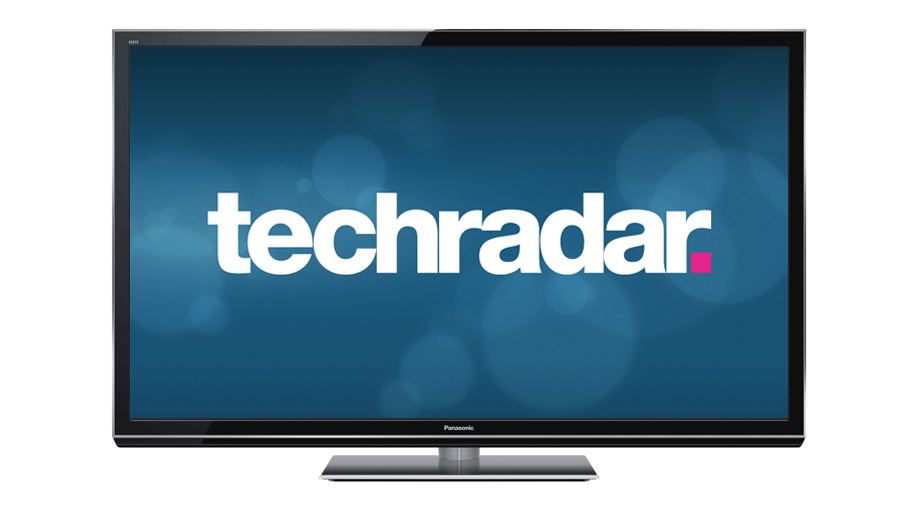Why you can trust TechRadar
Digitally speaking the Panasonic TX-P50GT50 is well endowed. What did slightly annoy us is that as soon as we switched it on it started searching, and tuning-in, digital channels followed automatically by analogue, the latter being a total waste of time (about five minutes).
Once done, the electronic programme guide for Freeview HD proves a massive improvement on previous attempts by Panasonic, though it's hardly the most joyous around. There's no thumbnail for live TV and no sound either, which makes inspecting the TV schedules a rather lonely experience.
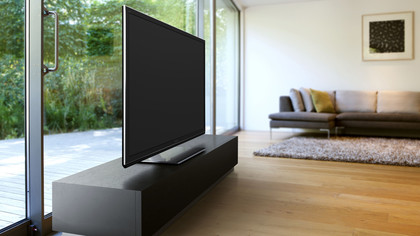
That's even more of a shame given that the Panasonic TX-P50GT50 can indulge in recording TV programmes – complete with timer – to an HDD connected to one of its three USB slots.
Its other connections are plentiful as befitting a high-end TV. Four HDMI inputs on the side of the TV are kept company by three USB slots, an SD card slot, headphones jack and a Common Interface space.
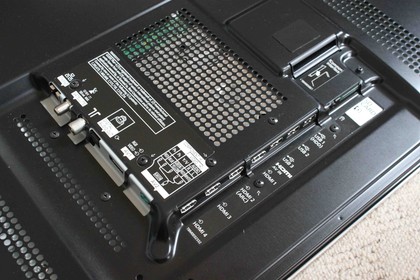
Underneath are ports for connections for both Freesat HD and Freeview HD tuners, a Scart (via an adaptor), an optical audio input, either composite or component video (again, via an adaptor, which also includes phono inputs) and Ethernet LAN (though there's a Wi-Fi module mounted nearby, too).
The latter fuels both basic media streaming (from a USB or SD media, or over a home network from a PC or Mac), and Panasonic's stab at smart TV – Viera Connect.
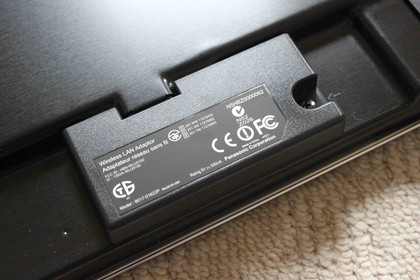
Apps are quickly increasing and now involve BBC iPlayer, BBC Sport, BBC News, a web browser, Skype, Netflix, Eurosport, YouTube, Acetrax Movies, Twitter, Facebook, SHOUTcast Radio, Picasa, ROVI TV Guide, Euronews and Dailymotion, among many others.
Sign up for breaking news, reviews, opinion, top tech deals, and more.
The only absentee of any note is Lovefilm, though Viera Connect is the only such smart TV platform that hosts a shopping section (where you can buy keyboards and gamepads for the few games offered as paid-for downloads, 3D specs and Skype cameras such as the TY-CC20W).
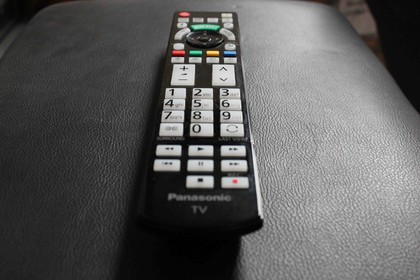
3D imaging is via Panasonic's own Active Shutter Full HD 3D system, though sadly no 3D glasses are included in the box.
Tech-wise the NeoPlasma panel has seen some new developments for 2012. The panel filter now lets less light in, and better controls its discharge; the end result should be brighter images with blacker blacks.

Jamie is a freelance tech, travel and space journalist based in the UK. He’s been writing regularly for Techradar since it was launched in 2008 and also writes regularly for Forbes, The Telegraph, the South China Morning Post, Sky & Telescope and the Sky At Night magazine as well as other Future titles T3, Digital Camera World, All About Space and Space.com. He also edits two of his own websites, TravGear.com and WhenIsTheNextEclipse.com that reflect his obsession with travel gear and solar eclipse travel. He is the author of A Stargazing Program For Beginners (Springer, 2015),
